Humans
Sign up for our newsletter
We summarize the week's scientific breakthroughs every Thursday.
-
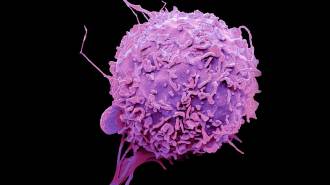 Health & Medicine
Health & MedicineNeed a fall read? ‘The Song of the Cell’ offers tales from biology and history
Siddhartha Mukherjee’s new book, The Song of the Cell, explores the world of cell biology through the lens of scientists, doctors and patients.
By Meghan Rosen -
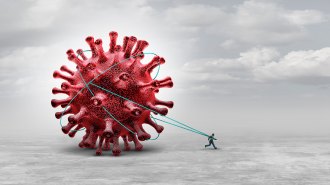 Health & Medicine
Health & MedicineWhat is long COVID and who’s at risk? This NIH project may find out
Scientists with the National Institutes of Health’s RECOVER project are working to define long COVID and figure out who’s at risk of developing it.
By Meghan Rosen -
 Health & Medicine
Health & MedicineA study questioning colonoscopy screening’s benefits has big caveats
The study included a lot of people who were invited to get the procedure but didn’t. That’s one limitation of several.
-
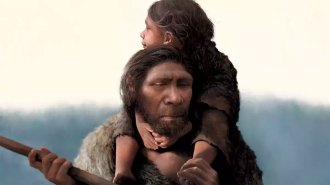 Genetics
GeneticsAncient DNA unveils Siberian Neandertals’ small-scale social lives
Females often moved into their mate’s communities, which totaled about 20 individuals, researchers say.
By Bruce Bower -
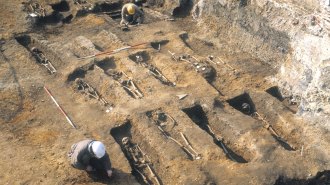 Genetics
GeneticsBlack Death immunity came at a cost to modern-day health
A genetic variant that boosts Crohn’s disease risk may have helped people survive the 14th century bubonic plague known as the Black Death.
By Wynne Parry -
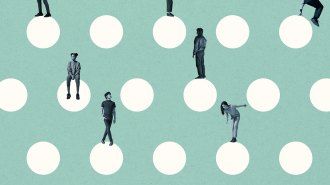 Psychology
PsychologyThe pandemic shows us how crises derail young adults’ lives for decades
Age matters for when we experience calamities, such as pandemics. Young adults are especially vulnerable to getting thrown off their life course.
By Sujata Gupta -
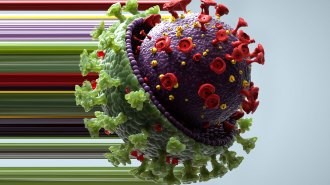 Health & Medicine
Health & MedicineA swarm of sneaky omicron variants could cause a COVID-19 surge this fall
Scientists are tracking similar mutations showing up in many variants that help the coronavirus evade some of our immune defenses and treatments.
-
 Archaeology
ArchaeologyDrone photos reveal an early Mesopotamian city made of marsh islands
Urban growth around 4,600 years ago, near what is now southern Iraq, occurred on marshy outposts that lacked a city center.
By Bruce Bower -
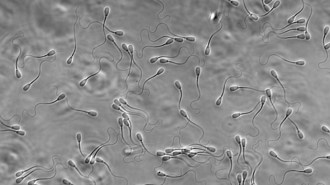 Health & Medicine
Health & MedicineCooperative sperm outrun loners in the mating race
Sperm that swim in clusters travel more directly toward the uterus, while overcoming fluid currents in the reproductive tract.
-
 Humans
HumansHere’s where jazz gets its swing
Swing, the feeling of a rhythm in jazz music that compels feet to tap, may arise from near-imperceptible delays in musicians’ timing, a study shows.
By Nikk Ogasa -
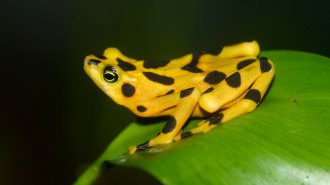 Health & Medicine
Health & MedicineLosing amphibians may be tied to spikes in human malaria cases
Missing frogs, toads and salamanders may have led to more mosquitoes and potentially more malaria transmission, a study in Panama and Costa Rica finds.
-
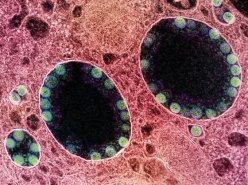 Health & Medicine
Health & Medicine‘Breathless’ explores COVID-19’s origins and other pandemic science
In his new book, David Quammen examines what we’ve learned about SARS-CoV-2 and puts the pandemic in the context of previous coronavirus scares.